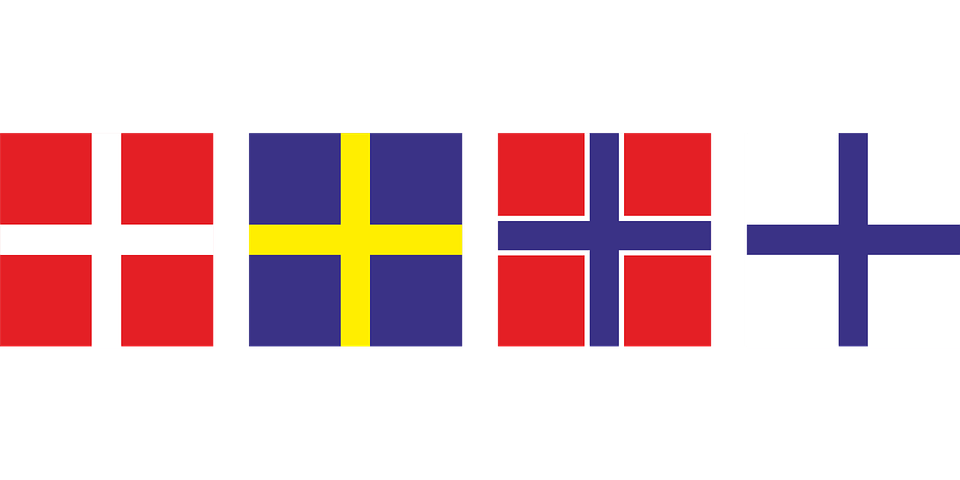
Sweden — Breeding Ground for Top-Quality Gambling
2018 was a momentous year for gambling in Sweden as it marked the Government’s decision to clamp down on illegal gambling and completely legalize gambling in the country. A new gambling law (SFS 2018:1138) came into effect on January 1, 2019, and re-regulated gambling in the country.
The entire gambling market is divided into one part covering online gambling and betting, the second covering lotteries and land-based bingo, and the third dealing with land-based casinos and token machines solely in charge of the Swedish state.
According to the new law, only licensed operators can offer services to Swedes and adhere to strict rules. For example, they must ensure gambling is fair, including the bonuses offered. Also, responsible gambling policies must be upheld at all times by all, without exception. That means not only players under the age of 18 will be prohibited to play, but no excessive gambling by anyone will be prompted in any way.
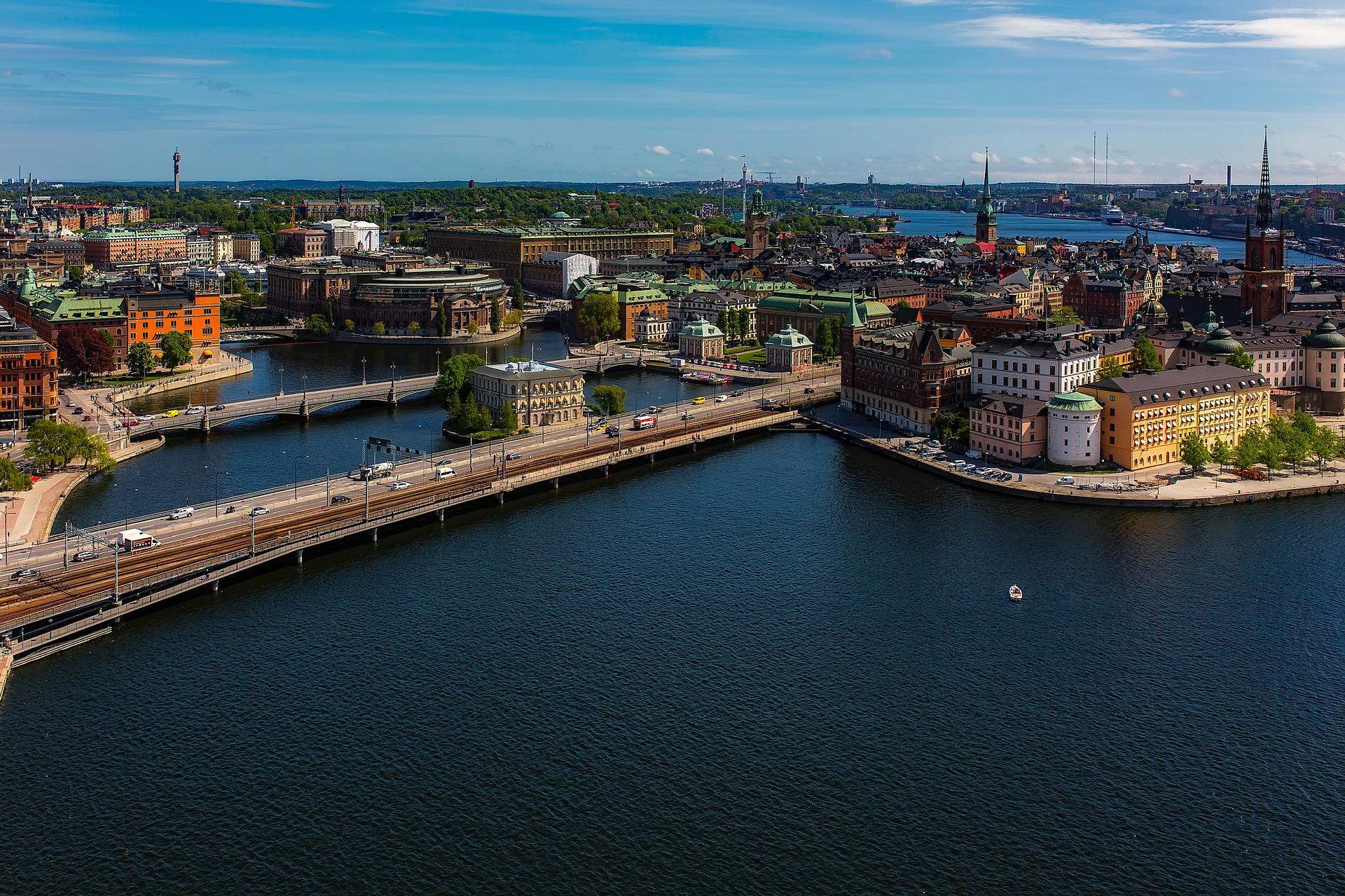
Gambling companies that wish to apply for a license need to go through a rigorous procedure where the Swedish Gambling Authority, Spelinspektionen, formerly known as Lotteriinspektionen, checks their expertise in the field and many other aspects of their business.
The licensing process includes providing a series of documents for verification and paying a fee that corresponds to the type of license the operator wishes to obtain. For example, a fee for online casinos is SEK 400,000 (approximately £34,000), which is the same price all companies that wish to offer sports betting online to Swedes need to pay. Also, there is an 18% tax on all profits generated from online gambling.
During the launch day, operators sent out 22 applications, making them present in the market and their numbers constantly growing, thus positioning the Swedish market as one of the most developed ones in the region.
Denmark — Scandinavia’s Major Gambling Market
A fierce battle is fought between Denmark and Sweden for the country with the most regulated gambling market, and it is safe to say that it is neck and neck. Denmark has also regulated all forms of gambling, including online casinos, betting sites, poker rooms, land-based gambling facilities, gaming machines, and more with the Act on Gambling enacted in 2000 and the formation of the Danish Gambling Authority.
All gambling is overseen by its state’s chief regulator Spillemyndigheden that imposes strict rules, just like its Swedish counterpart. Namely, gambling is available only to players aged 18 or more. Fair and responsible gambling policies also apply, meaning the software has to be certified without excessive gambling promotions.
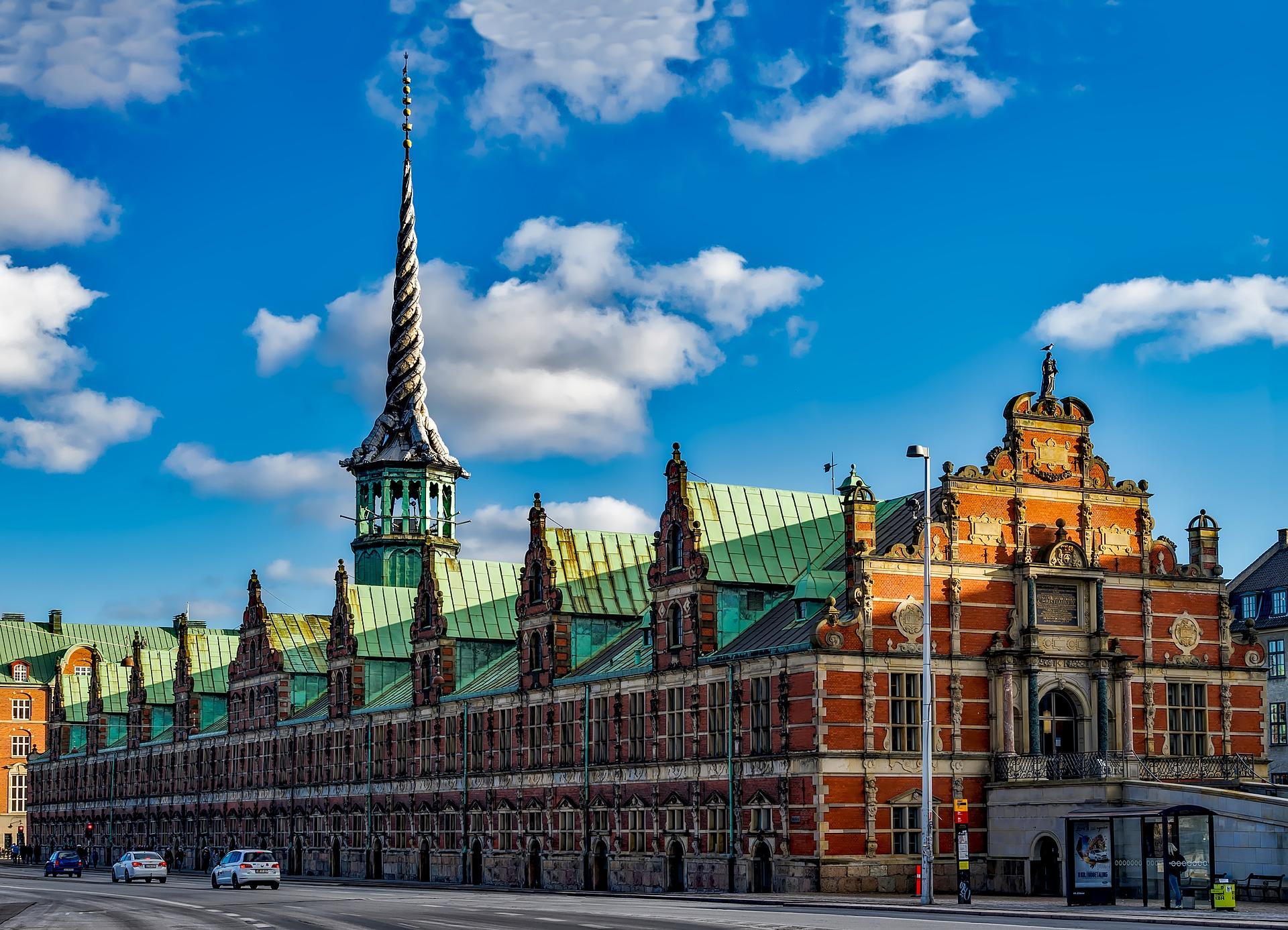
The licensing procedure includes submitting various documents and footing the license bill set at DKK 292,300 (approximately £34,000) for online casinos and sports betting sites. If you want a combined license for the two, the price is DKK 409,200 (about £47,000). Licenses are issued for five years, and the renewal costs DKK 146,200 (approximately £17,000).
However, Sweden may have the upper hand over Denmark in one regard — taxes. Namely, in 2020, the Danish Government increased the gambling tax 8% to the current 28% that applies to the gross gaming revenue, which is a big blow to all operators doing business in that territory.
Finland — State-Owned Monopoly That Blocks International Bookmakers and Casinos
If one country in Northern Europe has not been keen on expanding its gambling landscape, it’s surely Finland. In this country, the state-owned firm Veikkaus Oy is the only one allowed to offer gambling services to Finns.
Gambling in Finland is regulated under the provisions of the Lotteries Act and overseen by the National Police Board. Both online and land-based casinos are regulated, together with sports betting, lottery, scratch cards, and many other forms of gambling. Yet, only Veikkaus Oy, formed by the merger of Fintoto and RAY (the Finnish Slot Machine Association) in 2017, can provide these services.
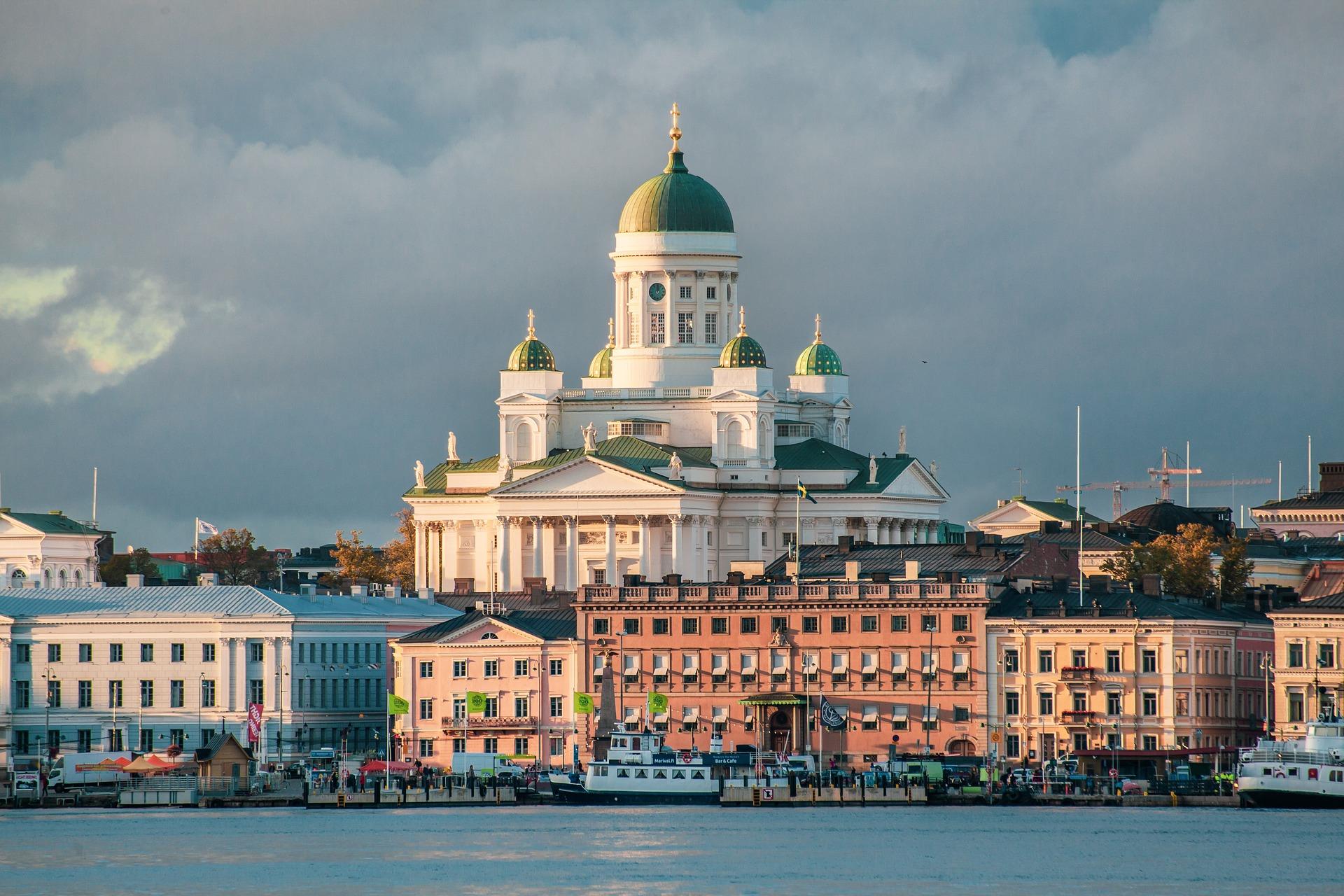
The annual gambling revenue is projected at EUR 1.1 billion (about £9.5 million), which begs the question — how much more would the country earn if it licensed the overseas operators that Finns are flocking to regardless?
Norway — Another Market Off the Limits?
It seems that Finland isn’t the only market in Northern Europe that supports state-run monopolies because Norway isn’t any different. Namely, Norway has two gambling institutions allowed to offer gambling services to Norwegians, and both are state-sponsored. One is Norsk Tipping, which runs online casinos, sports betting, lottery, and other forms of gambling, and the other is Norsk Rikstoto, which is in charge of horse racing gambling.
We don’t see any indications that the Norwegian market will open up to foreign operators that already command the attention and love from about half of all gamblers in the country. They cause approximately €115 million (approximately £98 million) in profits the state coffers would have otherwise received if it weren’t for the state-owned monopoly.
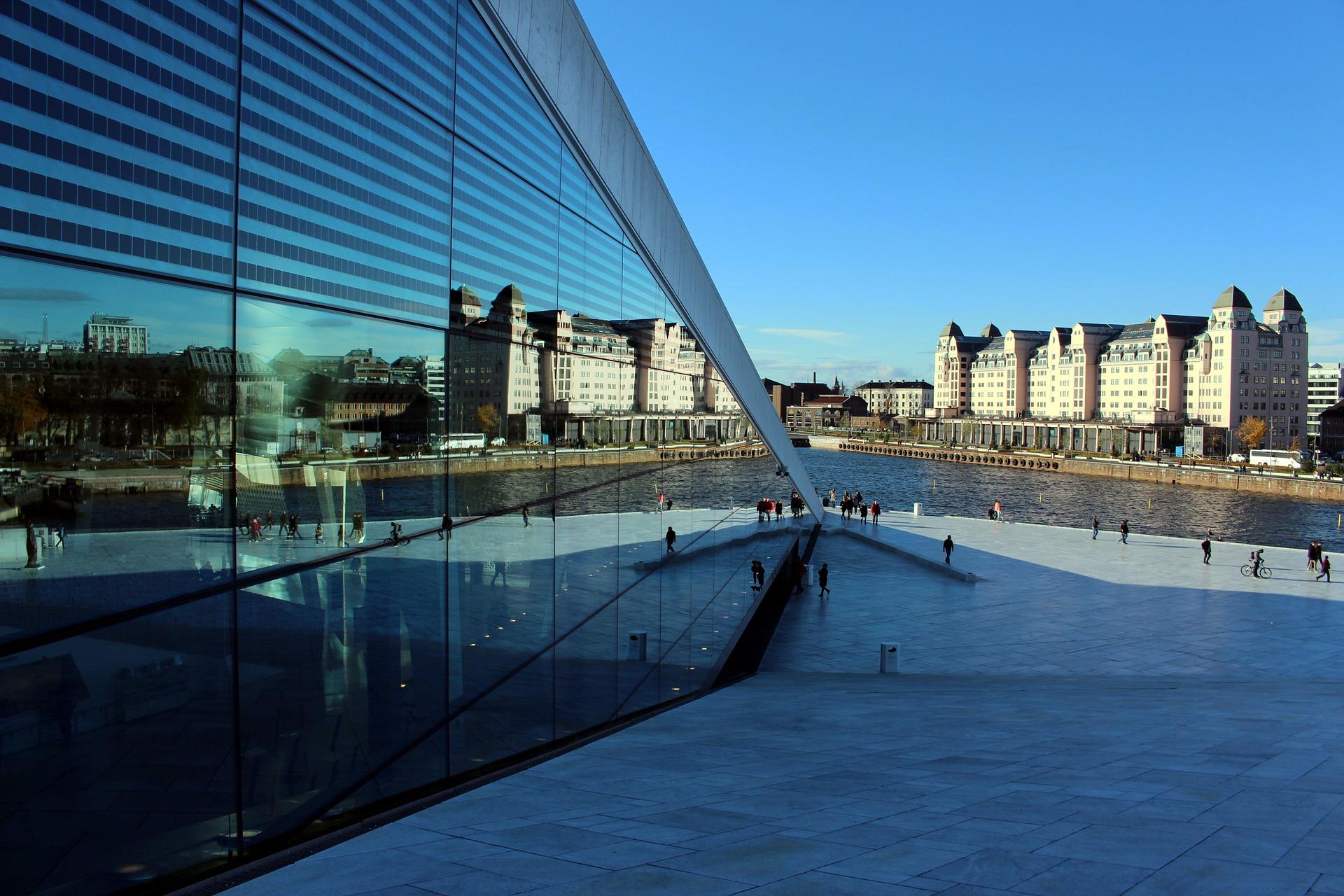
Summary — Where to Start Your Gambling Business in Northern Europe?
It seems that Sweden and Denmark count among the countries we have mentioned today as the ones that open arms to fair and regulated online gambling sponsored by both foreign and domestic operators. While the markets of Finland and Norway have their potential, the restricted policies of their governments in this regard are hindering them from living to their full potential.
On the other hand, Sweden and Denmark have improved existing markets and have reasonable licensing fees and taxes, especially Sweden, which has led to its markets being counted among Europe’s best.

